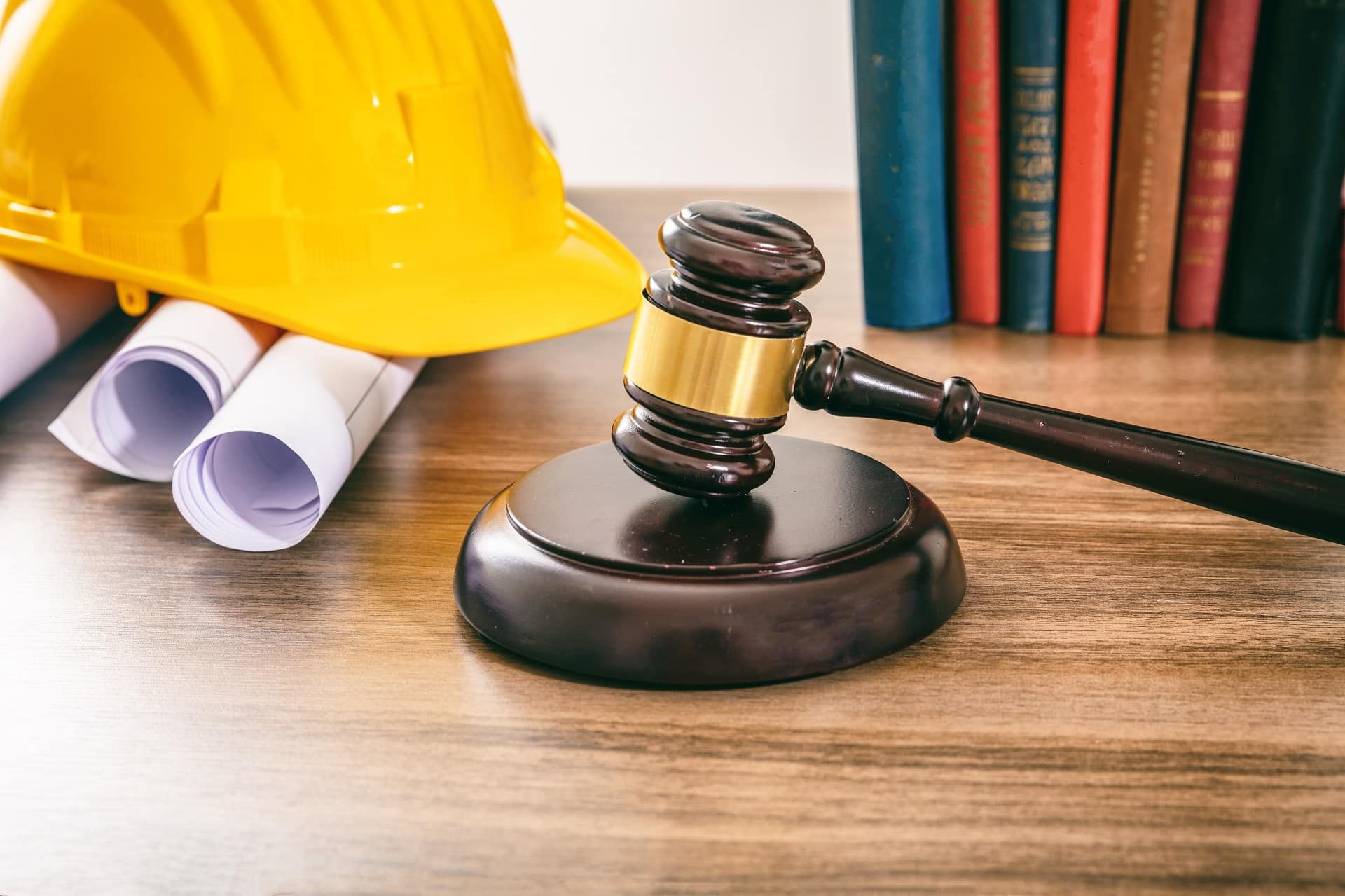In today’s world, so much of our focus is on the future. As we explore new innovations to support the next generation and keep their future bright, it’s easy to lose sight of the past. For instance, in an effort to relieve traffic congestion or build a vibrant city center, a government entity may decide to invoke its eminent domain authority to expand an existing highway or build a new school. However, in order to accomplish this project, which will arguably benefit the public in some way, the entity may need to seize private property and convert it for these purposes. The legal process of an entity with eminent domain power invoking this constitutional right is called condemnation. Unfortunately, many property owners in Alabama are unaware of their legal rights in condemnation matters, and they may accept a lowball settlement offer in exchange for their property because they do not realize they have the right to negotiate or push for a more equitable and favorable offer. Moreover, owners of historic properties may use several legal strategies to push back on condemnation actions to preserve these valuable markers of state history. Whether you are facing an imminent condemnation action or you are a property owner who is interested in the benefits of restoring and preserving your historic property to spare it from condemnation, consider enlisting the guidance of a dedicated and knowledgeable Jasper condemnation attorney. Together, you can make informed decisions with greater certainty and confidence.
Eminent Domain and Condemnation Matters in Alabama
The terms “eminent domain” and “condemnation” are frequently used interchangeably. However, they differ enough from one another to warrant an exploration of their meanings. Eminent domain refers to “the power of the sovereign, or those on whom such power has been conferred, to take property, or interests in property, for public use and upon payment of just compensation.” Essentially, certain governmental agencies are endowed with eminent domain power in order to seize private property for construction or development projects that will benefit the public. For example, the Department of Transportation may invoke its eminent domain authority to expand an existing highway in order to ease traffic congestion and improve the quality of life in the surrounding area. To accomplish this goal, the Department of Transportation may need to seize nearby private property, demolish the existing homes, and use the land to build on-ramps or new lanes.
The term “condemnation” refers to the legal process through which a governmental entity can exercise its eminent domain power. It’s essential to recognize that private property owners are entitled to receive “just compensation” from the condemning authority in exchange for their land. Unfortunately, the term “just compensation” tends to be frustratingly vague, meaning that the condemning authority will often make a lowball offer that does not take into account the comprehensive factors that can be used to capture the property’s value. As a property owner, you have the right to have your property appraised by an independent professional and use their valuation to negotiate more compensation from the condemning authority. It’s best to consult with a skilled and trusted Alabama condemnation attorney to ensure that your rights remain intact at every stage of the condemnation process.
Using Historic Preservation to Combat Condemnation in Alabama
Sometimes, a condemning authority proposes a construction project that requires the seizure and demolition of buildings or land that carry cultural or architectural significance. If you believe that a proposed project may involve a property of historical value or significance, reach out to a seasoned eminent domain attorney as soon as possible to discuss the specific details of the situation and identify the most strategic course of action. Although many local governments have passed zoning restrictions that designate historical landmarks and protect them from removal or demolition, each case is handled differently. There is no one-size-fits-all law that can be used to guide these decisions; instead, the parties involved in the matter must assess the details of the situation to arrive at the most equitable path forward. Working with an experienced Alabama condemnation attorney is the best way to help you make informed decisions that maximize your chances of securing your desired outcome.
Enforcing Your Legal Rights in Condemnation Proceedings
As a property owner, it can be difficult and confusing to receive a condemnation letter informing you of an entity’s intention to seize your land or home. Condemnation letters are typically worded in a tone that makes it seem as if you have no choice but to go along with the condemnation action. However, you should understand that you do have legal protections and rights that you can exercise during the upcoming legal process. Property owners are entitled to due process, and all parties involved in the condemnation process must follow a specific set of legal rules and procedures. Alabama property owners have the right to negotiate a more equitable and favorable settlement offer in exchange for turning over their land to the condemning authority. Moreover, you have the right to take this matter to probate court, where a panel of three special commissioners will examine the facts and issue an award of compensation. If you are not pleased with the outcome, you have the right to appeal your case to the circuit court in Alabama, where a jury will hear the case and enter an award of just compensation. Condemning authorities want to avoid the costs and headaches of jury trials, which is why they will usually be open to negotiating with you. You can maximize your chances of securing a favorable outcome by enlisting the services of a skilled and caring Alabama condemnation attorney.
If you have questions about a potential or impending condemnation or eminent domain action in your community, the dedicated and experienced legal team at Sewell Sewell Beard LLC is available to assist you. Call our Jasper, Alabama office at (205) 544-2350 or our Prosper, Texas office at (972) 777-5390 today to get started with a caring and knowledgeable condemnation attorney.

